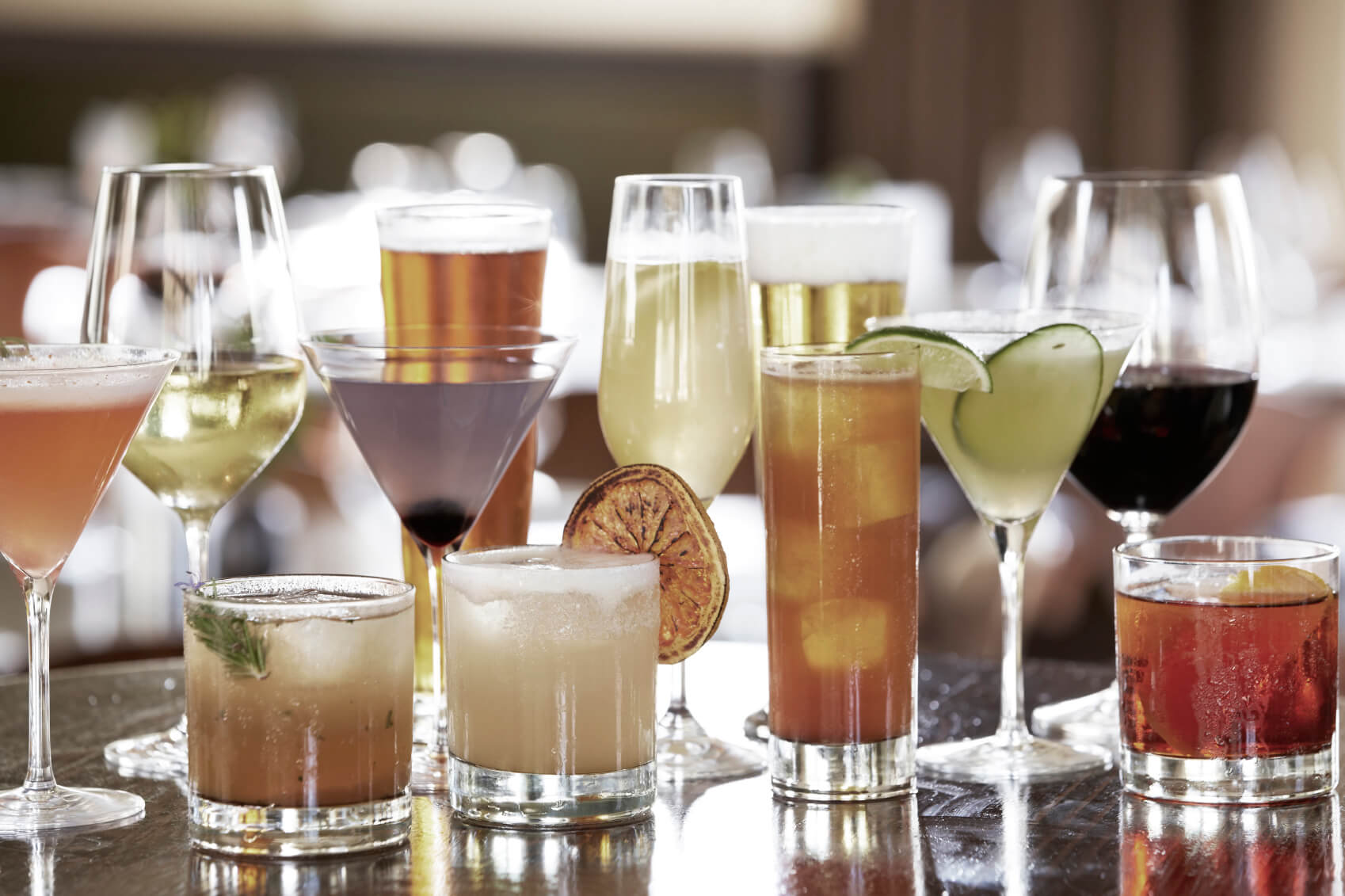Landlords have been reminded that part of their licensing conditions is a stipulation that they do whatever they can do prevent drink-driving.
The message was delivered by the British Institute of Innkeeping (BII), which noted that now autumn is here, it will not be too long before the annual Christmas anti-drink driving campaigns commence.
It pointed out that while friends, work colleagues and families can help influence drinkers not to get behind the wheel after consuming alcohol, so too can bar owners and staff.
The Institute said: “Operators and staff of licensed premises have not only an influence, but an obligation under the licensing objectives, to prevent crime and disorder and promote public safety.
“Being proactive across the festive period to potential drink drivers on your premises can avoid both criticism of undermining the licensing objectives and potential criminal offences by assisting or encouraging drink-driving.”
It noted that continuing to serve large amounts of alcohol to a customer after it has become clear they may be driving could lead to criminal charges, and also a review of the premises licence.
Of course, that does not mean that every single time a motorist is caught drink-driving the police will be trying to find out where they sourced their alcohol. After all, it might have been consumed after being bought at an off-licence or at home.
Nonetheless, the situation does pose a potential licensing risk and it is important to take steps to counteract this, as well, of course, as being a socially responsible thing to do.
The BII issued a number of suggestions that may help landlords to handle this issue when the festive period comes around.
Among these are reviewing staff training on when to refuse alcohol, doing more to provide taxis – such as displaying telephone numbers or encouraging a local taxi firm to have a visual presence at the premises – and better monitoring of the external use of car parks by bar staff and any outside security staff on duty.
Another practical measure would be to promote a ‘designated driver’s area’ at the bar with a good choice of non-alcoholic drinks. The Royal Society for the Prevention of Accidents has advocated pubs doing more to encourage non-alcoholic drinks for drivers, such as lowering the prices for them.
Some help may be at hand with the last of these initiatives. Coca-Cola has been running a scheme over the last decade to reward designated drivers who stay off the booze at Christmas.
This has involved a buy one, get one free deal for these motorists throughout the month of December in 7,000 participating pubs. All the driver has to do is show their car keys at the bar.
As a last resort, staff can call the police if they think a drinker is about to drive a car.
Such a case occurred just before Christmas last year involving TV personality Chris Tarrant, with concerned staff and members of the public deciding to dial 999 as he was about to leave the Bladebone Inn in Bucklebury, Berkshire.
The police soon apprehended Mr Tarrant and found him to be over the limit. He was convicted of drink-driving in January.



